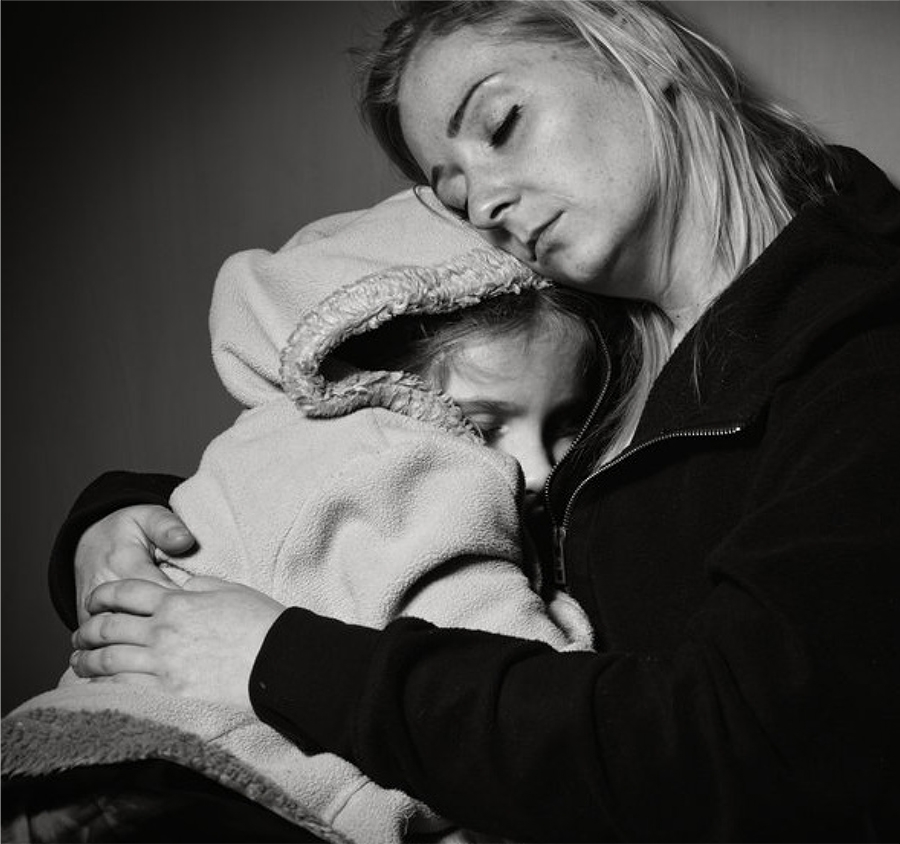Time to Face the Role Brain Injury Plays in Chronic Homelessness
By Will Grove, CBIS
The Pandemic Unemployment Assistance (PUA) and Pandemic Emergency Unemployment Compensation (PEUC) programs have expired, which will undoubtedly lead to an increase in homelessness.
This is particularly worrisome for individuals who have survived all types of brain injury or trauma and have become unemployed during the pandemic and are now facing the prospect of not having a roof over their heads. Some survivors of COVID are also experiencing cognitive challenges, months after recovery, leaving them vulnerable as well.
Even before the pandemic hit, some survivors of brain injury facing homelessness had been waging uphill battles on various fronts due to challenges in executive functions—the brain’s ability to start and accomplish a task with all the in-between steps involved.
Time to Face the Role Brain Injury Plays in Chronic Homelessness
By Will Grove, CBIS
The Pandemic Unemployment Assistance (PUA) and Pandemic Emergency Unemployment Compensation (PEUC) programs have expired, which will undoubtedly lead to an increase in homelessness.
This is particularly worrisome for individuals who have survived all types of brain injury or trauma and have become unemployed during the pandemic and are now facing the prospect of not having a roof over their heads. Some survivors of COVID are also experiencing cognitive challenges, months after recovery, leaving them vulnerable as well.
Even before the pandemic hit, some survivors of brain injury facing homelessness had been waging uphill battles on various fronts due to challenges in executive functions—the brain’s ability to start and accomplish a task with all the in-between steps involved.
We believe extra consideration must be given to ensure their security. This can be accomplished by addressing three areas:
Criteria for funding. Currently, there are precious few opportunities for supports, due to disability requirements that neglect the needs of those with brain injuries, especially in the spheres of cognitive and emotional-behavioral functions. For instance, the two major systems providing home-based and community services—Arizona Long-Term Care (ALTCS), and the Department of Developmental Disabilities (DDD)—have specific, primarily physical disability-related qualifications, which is almost impossible to secure with a brain injury.
Difficulty locating resources. Even when a survivor does qualify, it can be difficult for them and their loved ones to locate agencies that distribute funding. Social service organizations’ procedures, as well as restricted calling and visiting hours and limited available staff, are counterproductive. While frustrating for the general population, long wait times and lack of communication can be especially overwhelming for people with cognitive impairment, and result in them giving up trying to get assistance altogether.
Awareness of specials needs. In general, assistance programs are staffed with employees who are not trained to work with survivors of brain injury. This is becoming a growing problem as people with brain injury may comprise up to half of the burgeoning homeless population. Not understanding how survivors process information is a barrier to meaningful interaction.
These issues must be faced head-on…and immediately. Many programs that are well-intentioned and helpful for most, like Section 8 housing, are non-starters for people with brain injury. Subsequently, they may be only able to afford a home that is not conducive to their recovery, like ones that are in busy, disorientating, and unsafe location, or that aren’t accessible (think flights of stairs). The state funding available often isn’t sufficient to provide them with appropriate placement.
To remedy these oversights, we recommend the adoption of the following:
- Make available housing units specifically for those with brain injuries. This requires placing units in an environment that encourages safe practices surrounding cooking, electrical equipment, bathing and toileting, and other activities that could qualify as risks. What’s more, neighborhoods should be safe and quiet to minimalize the potential for emotional-behavioral triggers.
- Provide greater financial assistance and awareness of legal groups for currently housed individuals to prevent homelessness. Finding this type of help is often difficult, even for people without brain injuries, but it’s essential. What’s more, studies show when supportive housing and homeless prevention programs are enacted, states and municipalities end up saving not only millions of dollars, but the lives of affected individuals.
- Provide training for staff members in assistance organizations to interact and help those with brain injuries. This cannot be stressed enough: Survivors must be treated with dignity, respect, and patience. Understanding their concerns and individualized needs at every turn is the first step to being open to their stories and helping them on the road to recovery.
While these are long-term goals, they must first be acknowledged and addressed today in order to become an eventual reality. When people experience a brain injury, they will often have a rapid decrease in income after an accident or injury renders them unable to work as they begin a years-long recovery process. While many survivors of brain injury may “look great, look fine!” an invisible disability unfortunately doesn’t take looks into consideration. The sudden disruption in their ability to work can lead to homelessness, without the ability to secure assistance. The more we as a community begin to understand the underlying complexities surrounding brain injury, the more we can help address their needs and assist them better.

Will Grove is a Resource Facilitation Specialist at the Brain Injury Alliance of Arizona. You can reach him at outreach@biaaz.org or 888-500-9165.
ABOUT BRAIN INJURY ALLIANCE OF ARIZONA
The Brain Injury Alliance of Arizona (BIAAZ) is the only statewide nonprofit organization dedicated to improving the lives of adults and children with all types of brain injuries through prevention, advocacy, awareness and education. BIAAZ also houses the Arizona Brain Health Resource Center, a collection of educational information and neuro-specific resources for brain injury survivors, caregivers, family members and professionals.
What began in 1983 as a grassroots effort has grown into a strong statewide presence, providing valuable life-long resources and community support for individuals with all types of brain trauma at no charge.
The Brain Injury Alliance of Arizona:
- Works with Congressional Brain Injury Task Force
- Houses Arizona Brain Health Resource Center
- Hosts Statewide Opioid Use Disorder & Cognitive Impairment Workgroup
- Has Statewide Opioid Use Disorder & Cognitive Impairment Response team with peer support, training, and family wraparound services
- Facilitates Brain Health Advisory Council
- Manages statewide Neuro Info-Line: 888-500-9165






